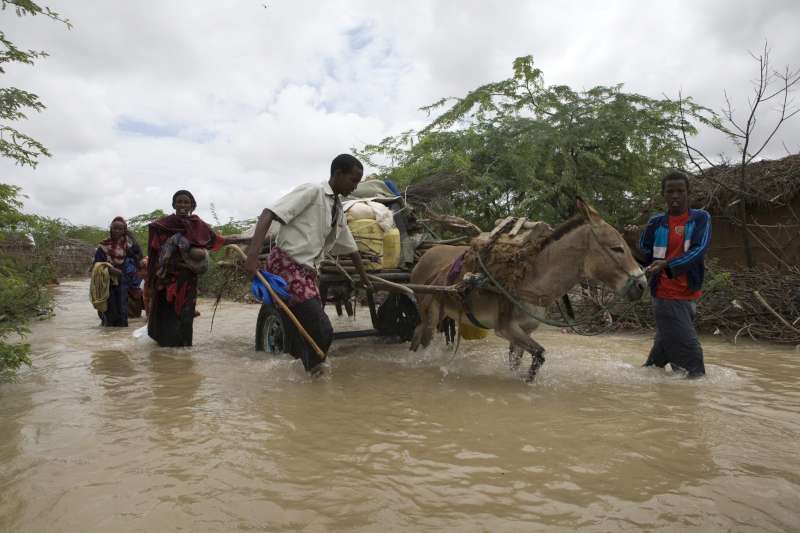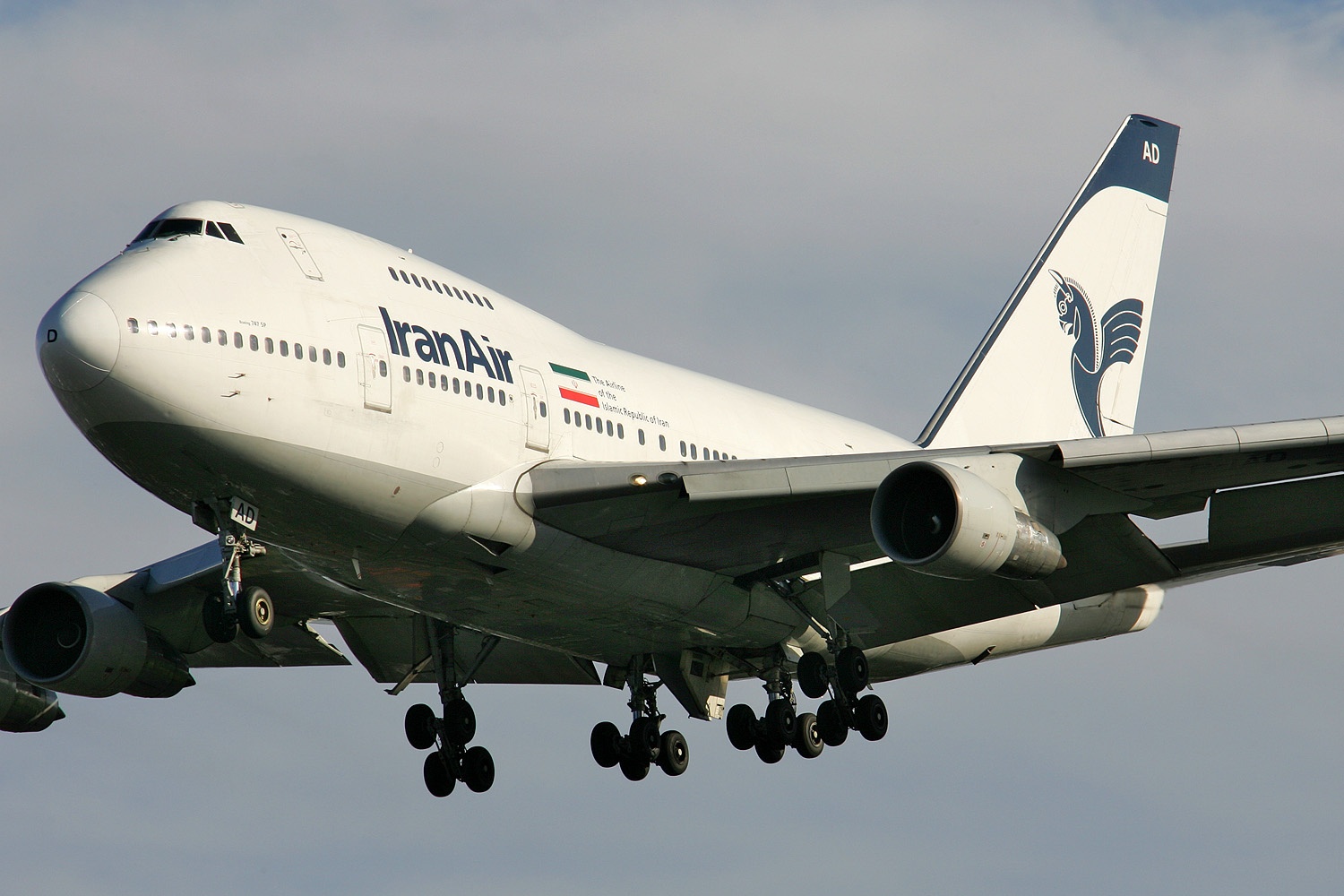The world’s climate is changing at a rate that has exceeded most scientific forecasts and has emerged as an increasing threat to human beings. From economic rationales, to ethical considerations towards our fellow species and to our future generations, there are many reasons why the world needs to reorient its attention and take important steps in dealing with the problem of climate change. One such incentive is to prevent the problem of climate refugees.
Earth’s climatic system is a result of complex and interlinked weather systems which are influenced by a number of natural and anthropogenic factors. However, simply put, earth’s climate is driven by a continuous flow of energy from the sun. Green house gases, such as carbon dioxide, water vapour, methane and nitrous oxide, absorb the sun’s radiation preventing them from leaving the atmosphere. This is a natural phenomena operating for millions of years, but has now been greatly exasperated by human activity, to the extent that experts from the Intergovernmental Panel on Climate Change (IPCC) estimate that average global temperatures may rise as much as 4° C in this century.
Since weather systems are complicated and inter-linked, the effects of climate change are not felt evenly around the globe. For example, coastal communities are at a greater risk due to rising sea levels than inland communities. Similarly, some parts of the world can experience an increase in temperature while others may experience a decrease, and some parts of the world may experience an increase in the frequency and intensity of extreme weather events, such as hurricanes, cyclones and storms.
Although it is the developed countries which are the major consumers of fossil fuels and other resources that contribute to climate change, the adverse impacts of climatic changes will be felt more severely in developing countries. The IPCC report concludes that overall climate change seems likely to impose greater risks and damages on poorer regions. This is because people in the underdeveloped and developing world already struggle with food and water scarcities and diseases such as HIV. Climatic changes will lead to the exacerbation of each of these issues, which in turn will negatively affect the health, and development of its residents.
A major consequence of climate change is the rising of sea levels, which results from the melting of ice caps. According to the IPCC, an estimate increase of 4°C will lead to a rise in sea levels of between 26 and 59cm. Considering the fact that 23% of the world’s population lives both within 100 km distance of the coast and <100 m above sea level, and population densities in coastal regions are about three times higher than the global average, this can be catastrophic.
While the long-term consequences of this are as severe as drowning low-lying coastal countries such as Madagascar and Bangladesh and wiping them off the world map, its short-term effects are no less problematic. Sea level rise not only decreases the fresh water supply, thereby creating water tension in the coastal communities, but also has negative effects on agriculture, fisheries, forestry and tourism which seriously disrupts the economy of these regions. Such effects have already been catastrophic to the livelihoods of tens of thousands of people all over the world.
UNICEF defines a refugee as ‘‘someone who has been forced to leave their country because they are unable to live in their home or they fear they will be harmed. This can be due to a number of reasons, including fighting or natural disasters, like earthquakes and floods.” According to the Environmental Justice Foundation (EJF), on average, 27 million people are displaced by climate related disasters each year, more than the entire population of Australia. In 2012 alone, 31.7 million people were displaced by weather and climate related disasters. That equates to one person every second. The International Red Cross estimates that there are more environmental refugees than political refugees fleeing from wars and conflicts. According to scientific estimations the number of people that are likely to relocate due to climatic reasons, such as sea level rise, increased water scarcity and desertification, ranges between 50 to 350 million by 2050.
Environmental refugees are not yet protected under international laws, making matters worse for those adversely affected. Whether or not international law should change the legal definition of refugee to incorporate climate refugees is an intellectual debate which nations will inevitably have to face, sooner rather than later. It is crucial to recognize that amongst the numerous problems associated with climate change is the issue of refugees. As such, the world’s focus should be oriented towards curtailing the problem of climate change and climate refugees.




